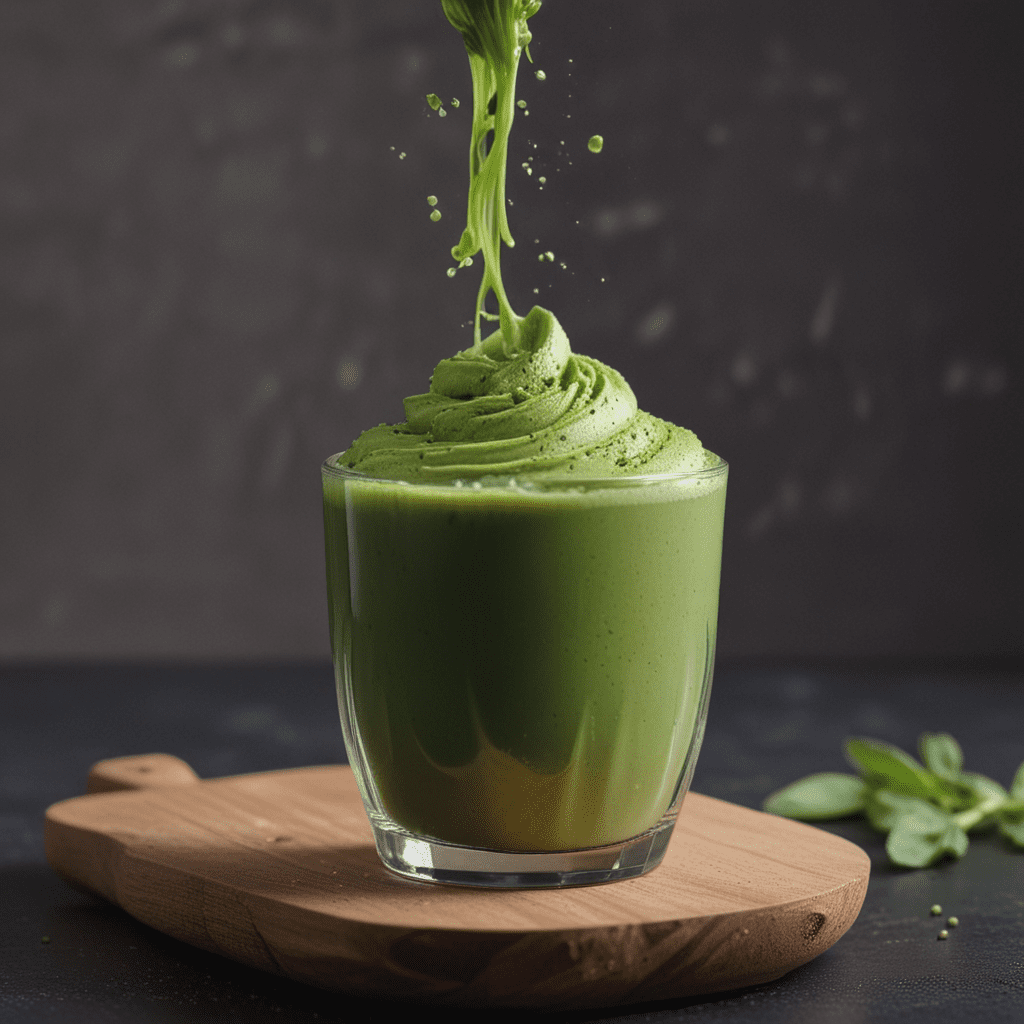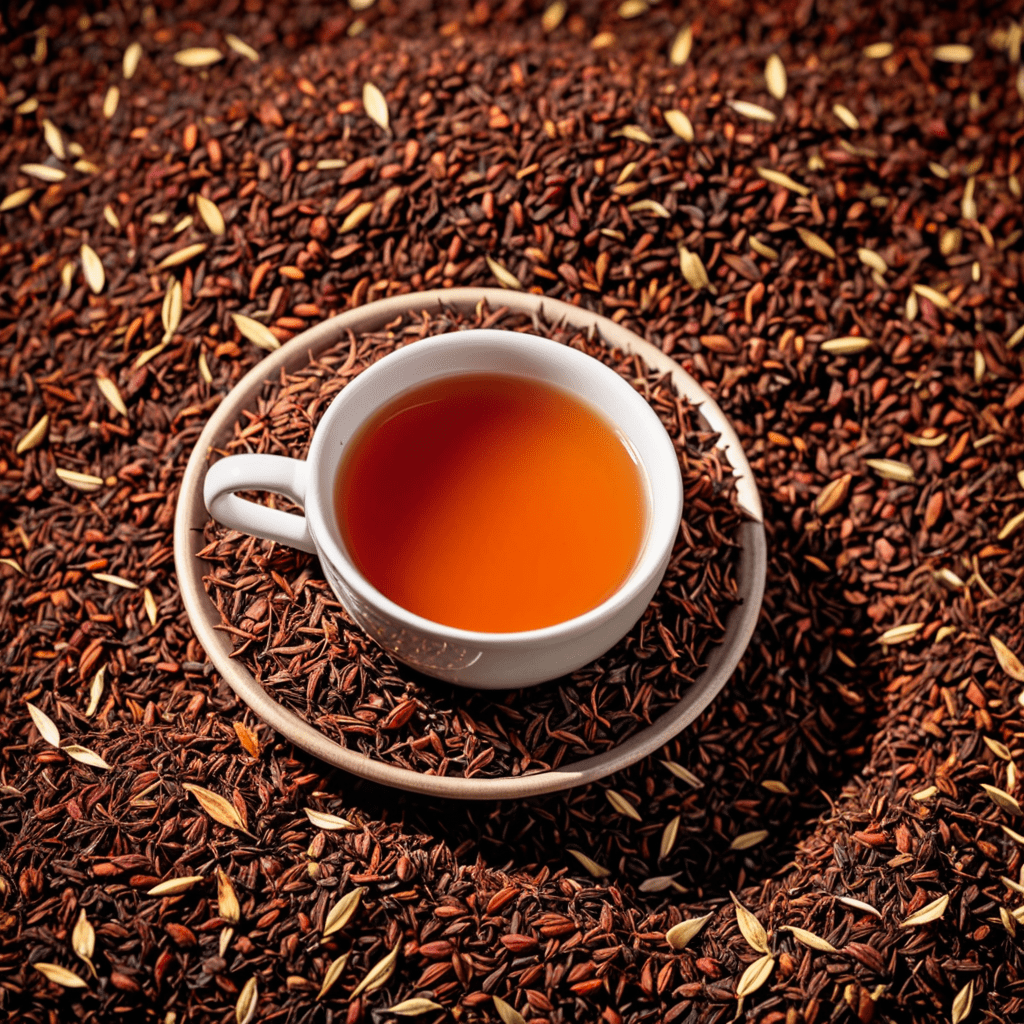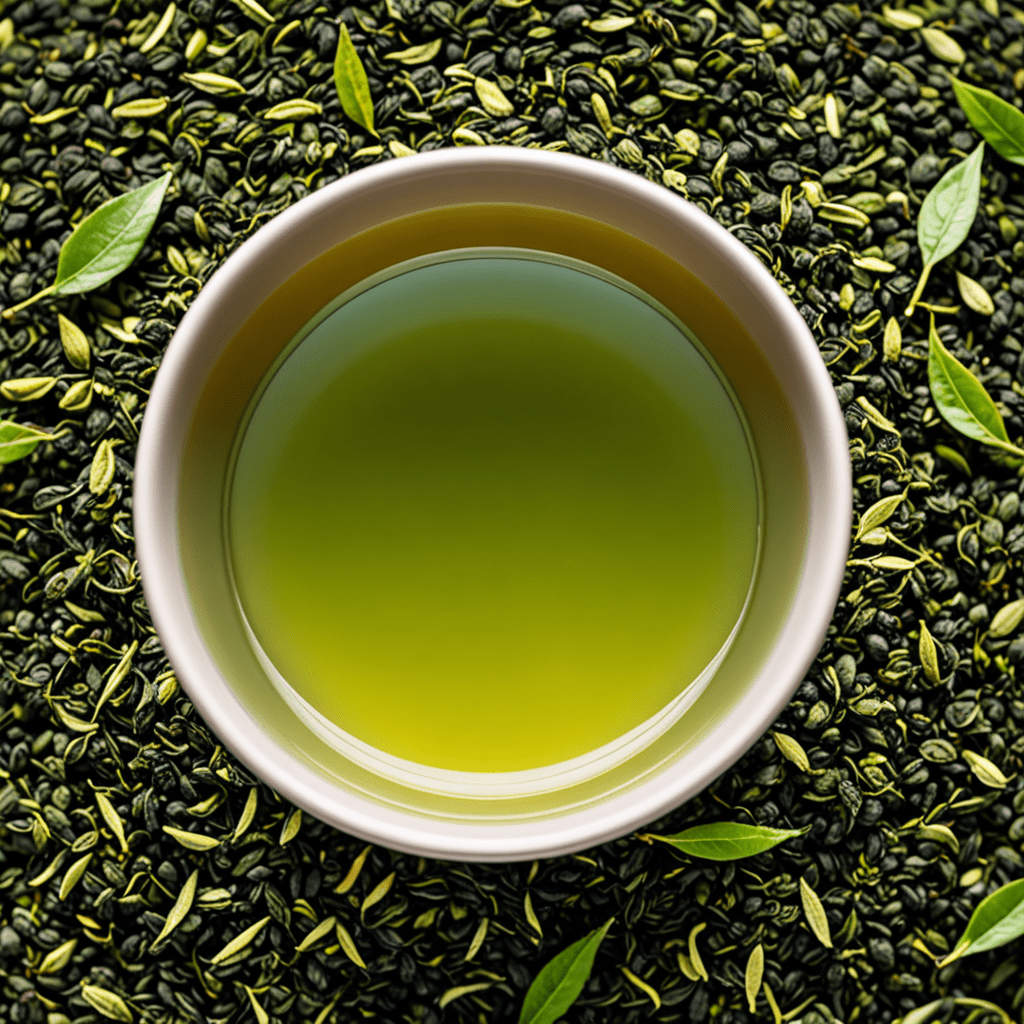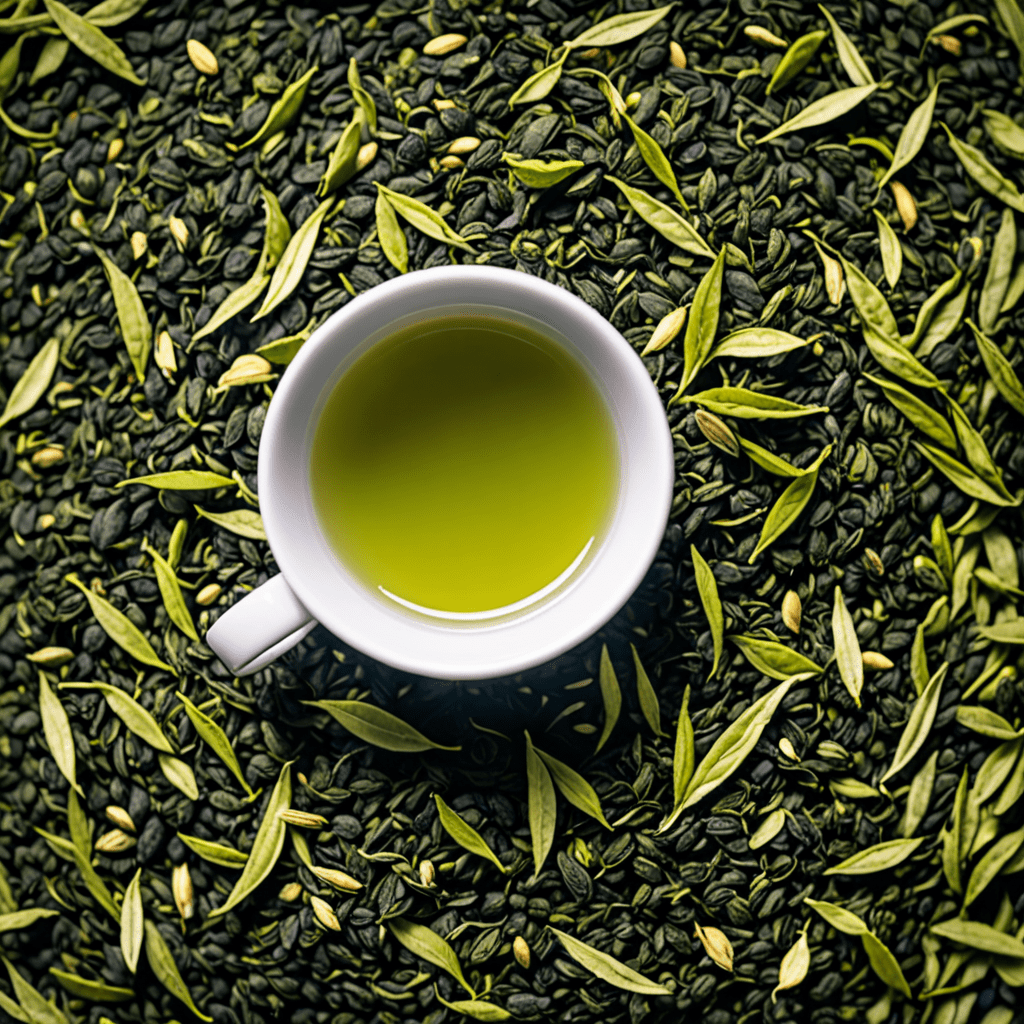Matcha and Weight Loss: Separating Facts from Myths
Introduction
Matcha, a finely ground green tea powder, has gained popularity as a potential aid in weight loss. Its purported benefits have garnered attention, but separating facts from myths is crucial. This article delves into the evidence surrounding matcha's role in weight loss, examining its composition, potential mechanisms, and scientific findings.
Matcha: An Overview
Matcha is derived from the Camellia sinensis plant and processed differently from other green teas. The leaves are shaded from direct sunlight during their final weeks of growth, increasing chlorophyll content and nutrient concentration. After harvesting, the leaves are steamed, dried, and stone-ground into a fine powder. This process results in a tea with a distinct umami flavor and high levels of antioxidants.
Matcha's Potential Role in Weight Loss
Numerous health benefits have been attributed to matcha, including its potential to aid in weight loss. It contains various compounds that may influence metabolic processes, appetite regulation, and fat oxidation:
- Catechins: Polyphenols that may increase energy expenditure and enhance fat oxidation.
- Caffeine: A stimulant that can boost metabolism and thermogenesis.
- Theanine: An amino acid that promotes relaxation and may reduce stress-induced overeating.
- Antioxidants: Compounds that protect cells from damage and may play a role in weight loss.
6. Appetite Suppression and Satiety
Matcha may promote satiety and reduce appetite, aiding in weight loss. Studies have shown that catechins in matcha can stimulate the release of hormones that signal fullness, leading to decreased food intake:
- In one study, participants who consumed matcha with breakfast reported feeling fuller and eating fewer calories throughout the day.
- Another study found that matcha extract reduced hunger and increased satisfaction in overweight and obese individuals.
7. Fat Oxidation
Matcha may enhance fat oxidation, the process by which the body breaks down fat for energy. Caffeine in matcha stimulates the nervous system, increasing the release of hormones like epinephrine and norepinephrine:
- These hormones signal fat cells to break down fat and release it into the bloodstream.
- Studies have shown that matcha consumption can increase fat oxidation rates during exercise and at rest.
8. Myth Busting: Common Misconceptions about Matcha and Weight Loss
Myth 1: Matcha is a miracle weight loss cure
Matcha alone cannot magically melt away pounds. It is a supplement that can support weight loss efforts when combined with a balanced diet and regular exercise.
Myth 2: Matcha can make you jittery or anxious
While matcha contains caffeine, theanine in the tea counteracts the jittery effects of caffeine. Matcha provides a sustained energy boost without causing nervousness.
9. Cautions and Considerations
Considerations for Caffeine Sensitivity
Those sensitive to caffeine should limit matcha intake to prevent potential side effects like anxiety or sleep disturbances.
Safety Precautions
Matcha is generally safe but should be avoided by individuals with certain conditions, such as liver disease, anemia, or pregnancy.
10. Conclusion: Evidence-Based Perspectives
Scientific evidence suggests that matcha may support weight loss by influencing metabolism, reducing appetite, and enhancing fat oxidation. However, it is crucial to remember that it is not a magic bullet and should be used in conjunction with a healthy lifestyle. The inclusion of matcha in a balanced diet and exercise routine may contribute to overall weight management and well-being.
FAQ
Can matcha help me lose belly fat?
Matcha may aid in belly fat reduction by boosting fat oxidation and reducing food intake.
How much matcha should I drink for weight loss?
Recommended daily matcha intake varies, but generally 2-3 cups (2-6 grams of matcha powder) may provide weight loss benefits.
Is matcha safe for everyone?
Most people can safely consume matcha, but individuals sensitive to caffeine or with specific health conditions should consult a healthcare professional before употребления.



